A birkon containing the Birkat haMazon in Portuguese translation by Artur Carlos de Barros Basto under the auspices of the Insituto Teológico Israelita (Yeshiba Rosh-Pinah) in 1941.

This work has less than twenty years before the term of its copyright expires, during which we claim our Reproduction Right (17 U.S. Code §108 – Limitations on exclusive rights: Reproduction by libraries and archives), under United States Copyright law.

“📖 Birkath ha-Mazon, a birkon compiled by Artur Carlos de Barros Basto (1941)” is shared through the Open Siddur Project with a Creative Commons Attribution-ShareAlike 4.0 International copyleft license.
Artur Carlos de Barros Basto (אברהם ישראל בן־ראש; Abraham Israel Ben-Rosh; 18 December 1887 – 8 March 1961) was a Portuguese military officer and writer, who published dozens of works contributing to Jewish life and Judaism in Portugal. A pioneering Jewish leader, he helped to re-establish the Jewish Community in Porto and assisted in the construction of the Kadoorie Synagogue, the largest Synagogue in the Iberian Peninsula. During World War Ⅱ, Barros Basto helped Jewish refugees escape the Holocaust. A descendant of Portuguese crypto-Jews, he converted to Judaism in 1920 and sought to help other crypto-Jews return to rabbinic Judaism. Opposition among some families of Marranos led to personal attacks on his character which damaged his name and military career.
Aharon Varady, founding director of the Open Siddur Project, is a copyright researcher and amateur book scanner. He prepares digital images and new digital editions of prayer books and related works in the Public Domain in order to make their constituent parts (prayers, translations, annotations, etc.) publicly accessible for collaborative transcription by project volunteers. (In some cases, he finds existing digital editions prepared by others that require correction and reformatting.) If you appreciate his efforts, please send him a kind note or contribute to his patreon account.
Stable Link:
https://opensiddur.org/?p=51735
Associated Image:
(This image is set to automatically show as the "featured image" in shared links on social media.)
Re-formatted:
ODT
Terms of Use:
Be a mentsch (a conscientious, considerate person) and adhere to the following guidelines:
- Properly attribute the work to Artur Carlos de Barros Basto and Aharon N. Varady (digital imaging and document preparation).
- Clearly indicate the date you accessed the work and in what ways, if any, you modified it. (If you have adapted the work, let us know so that the contributor might consider endorsing your revision.)
- Provide the stable link to this resource: <https://opensiddur.org/?p=51735>.
- Indicate that the original work was shared under the Creative Commons Zero (CC 0) Universal license a Public Domain dedication. (To redistribute or remix this work in any format, modified or unmodified, you must refer to the terms of the license under which the work is shared.)
Additional Notes:
- The views expressed in this work represent the views of their creator(s) and do not necessarily represent the views of the Open Siddur Project's developers, its diverse community of volunteer contributors, or its institutional partners.
- We strongly advise against printing sacred texts and art containing divine names as these copies must be regarded with reverence, complicating their casual treatment and disposal.
- If you must dispose of a printed sacred text (one containing Divine Names), please locate the closest genizah (often established by a synagogue) and contact its custodians for further instructions. We also recommend using Morah Yehudis Fishman's Prayer for Adding a Work to the Genizah.
Support this work:
The Open Siddur Project is a volunteer-driven, non-profit, non-commercial, non-denominational, non-prescriptive, gratis & libre Open Access archive of contemplative praxes, liturgical readings, and Jewish prayer literature (historic and contemporary, familiar and obscure) composed in every era, region, and language Jews have ever prayed. Our goal is to provide a platform for sharing open-source resources, tools, and content for individuals and communities crafting their own prayerbook (siddur). Through this we hope to empower personal autonomy, preserve customs, and foster creativity in religious culture.
ויהי נעם אדני אלהינו עלינו ומעשה ידינו כוננה עלינו ומעשה ידינו כוננהו "May the pleasantness of אדֹני our elo’ah be upon us; may our handiwork be established for us — our handiwork, may it be established." –Psalms 90:17
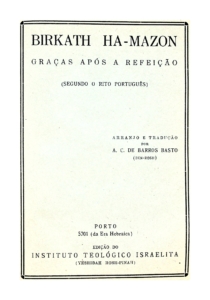
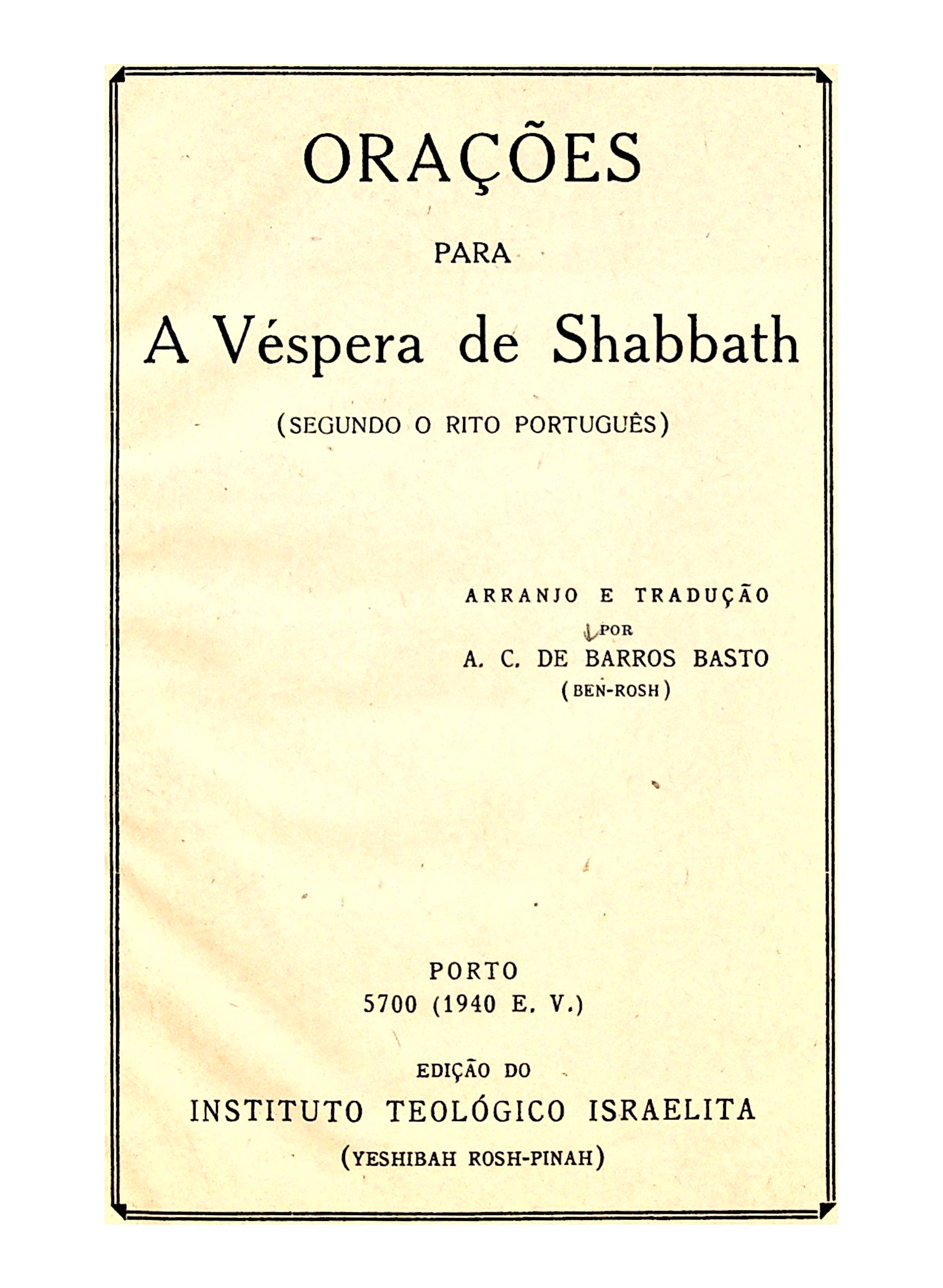
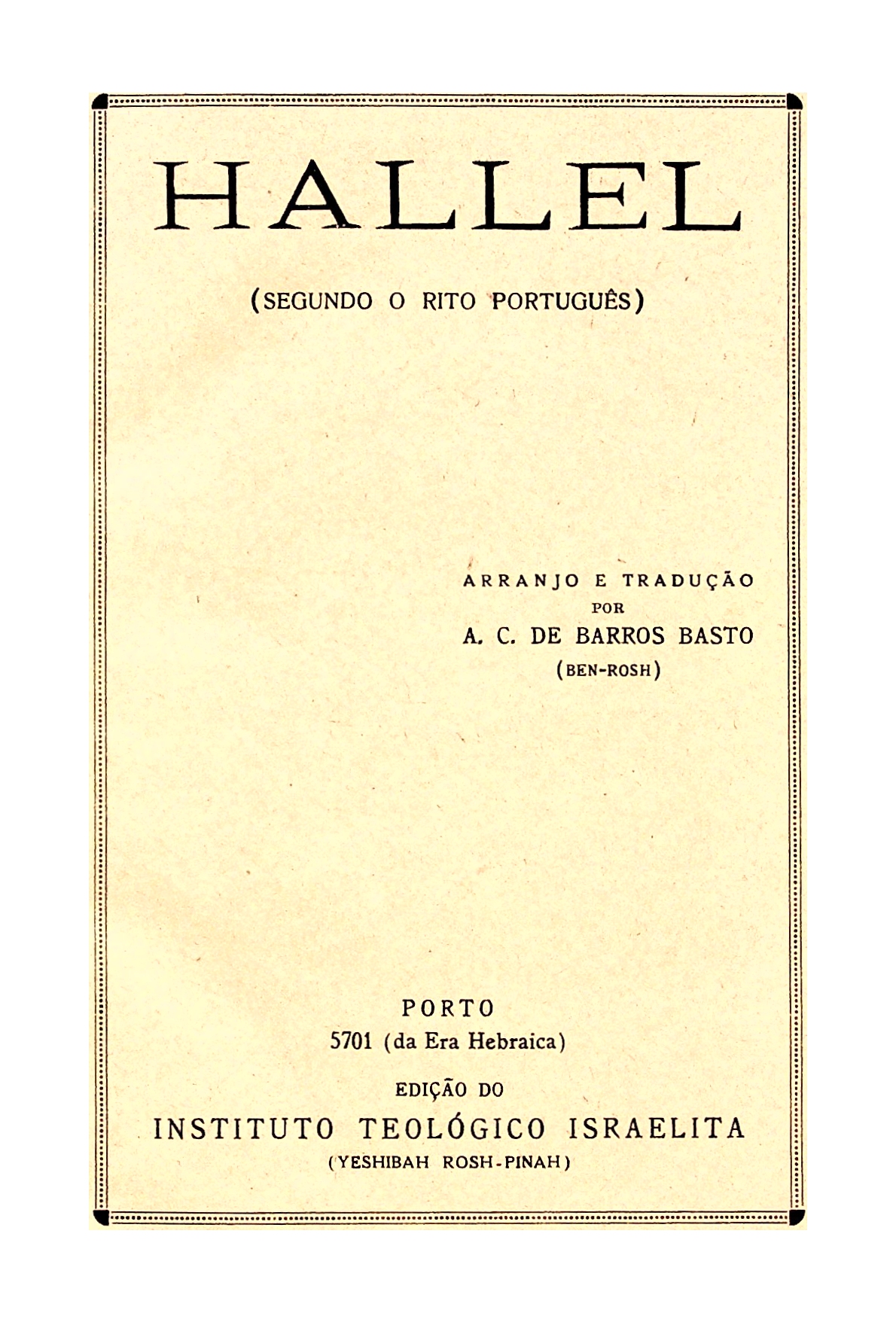

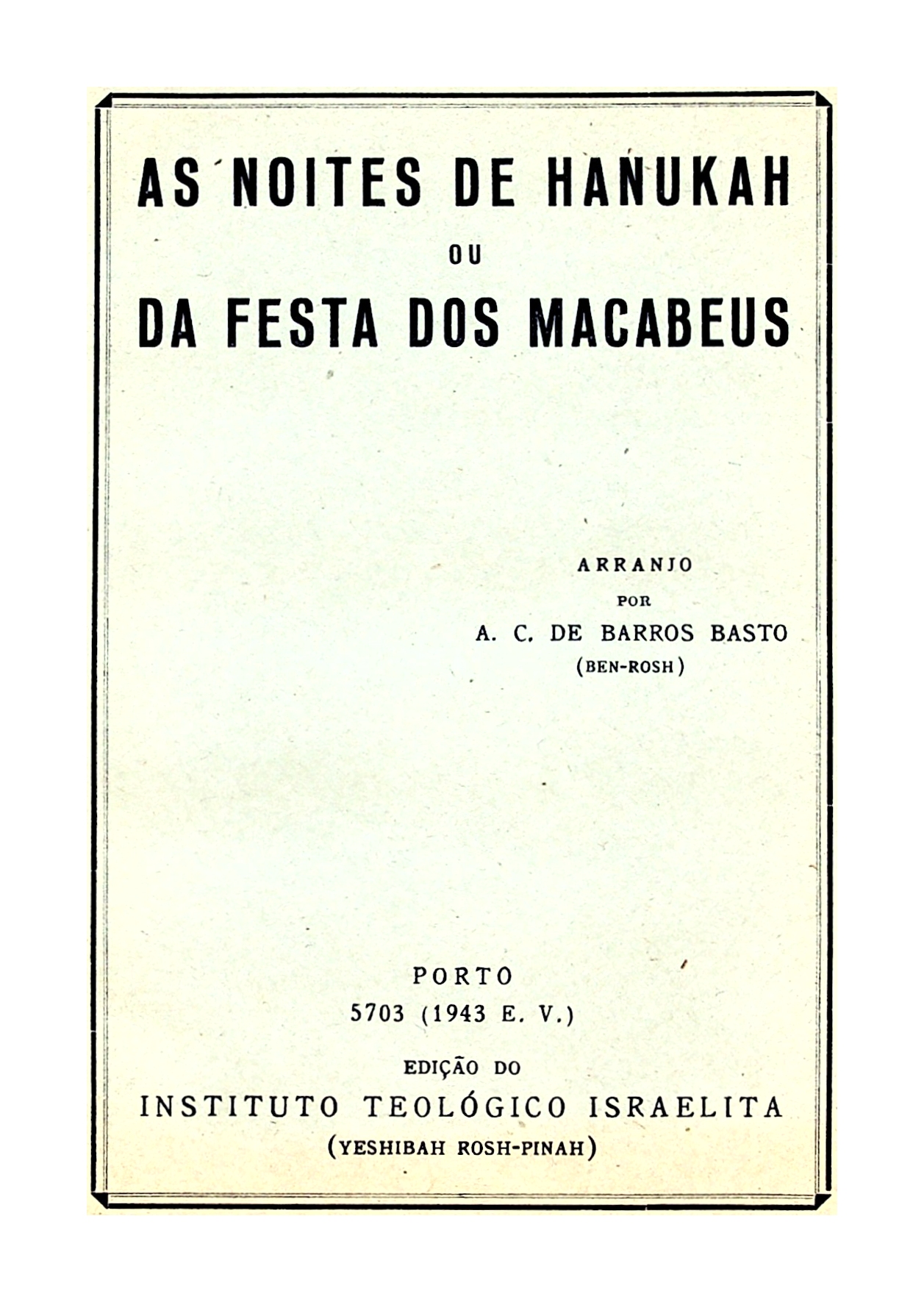
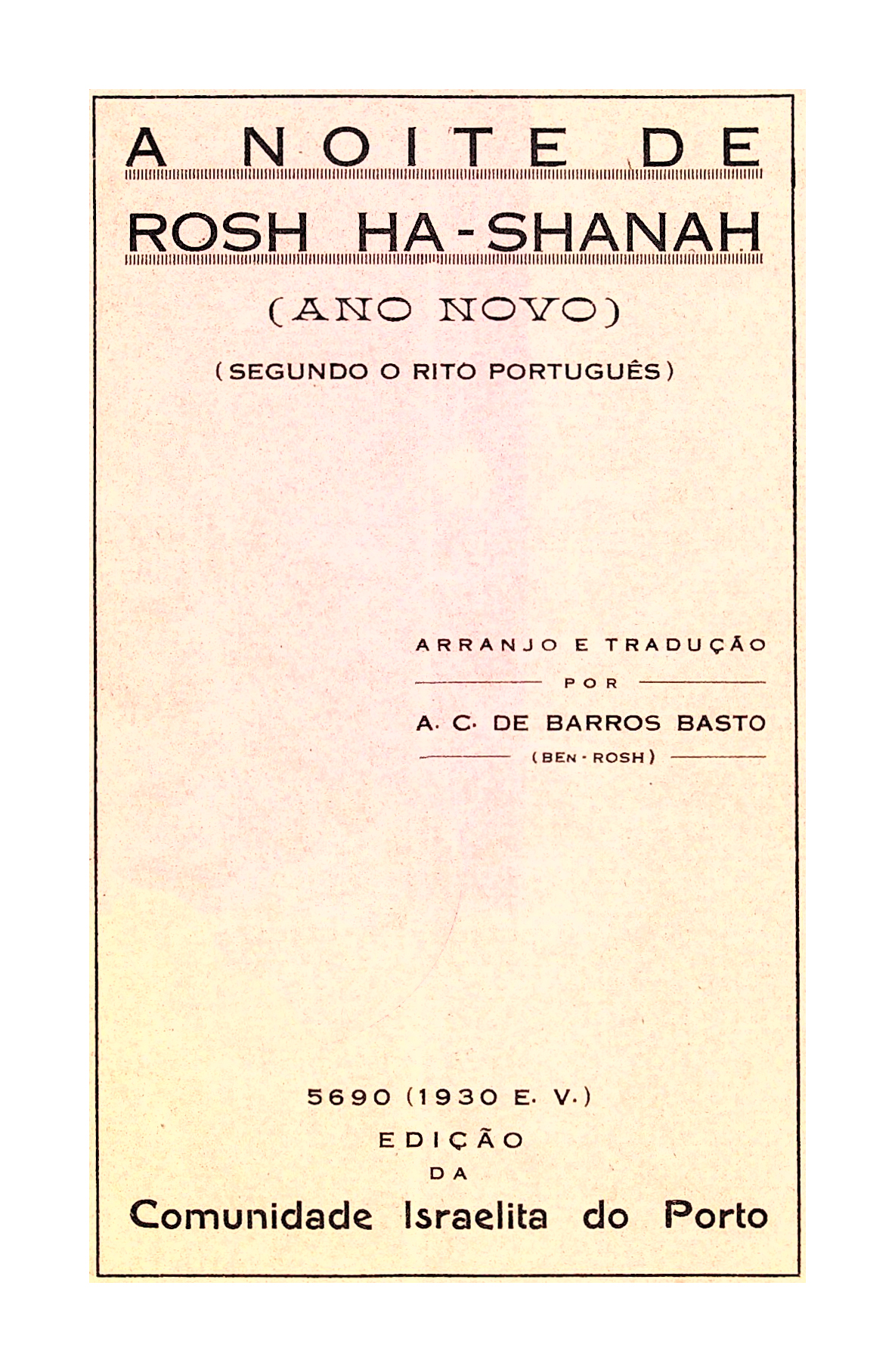




Leave a Reply